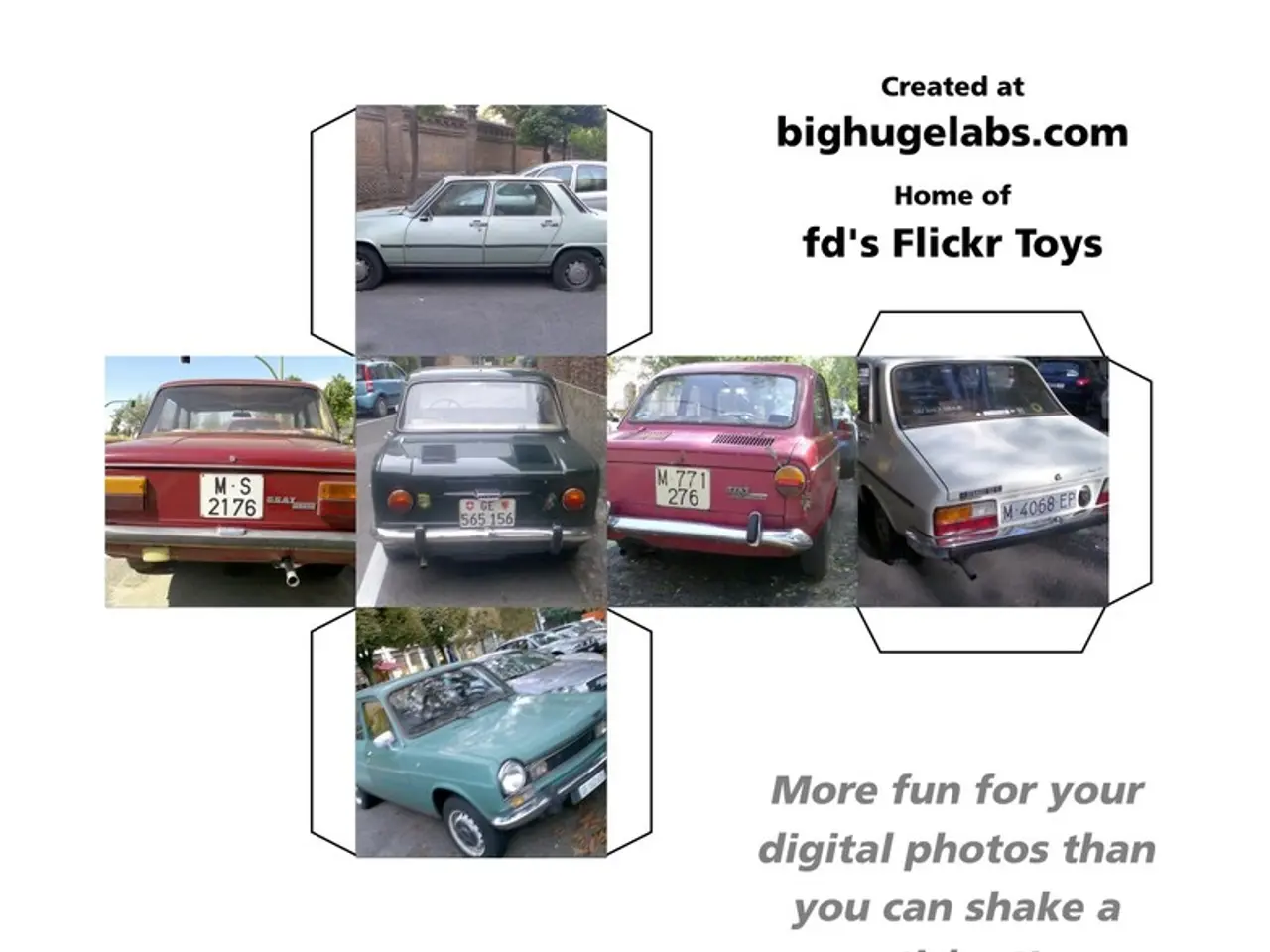Trump negotiations involve Volkswagen shifting focus from tariffs to investments - Automobile giant Volkswagen reaches an accord with Trump regarding investments rather than tariffs.
Volkswagen, the German automaker, has put forth a significant investment plan for the United States, aiming to secure tariff exemptions or reductions on vehicle imports. The proposed deal, worth $10 billion, would offset approximately $1.4 billion in U.S. import duties paid in Q2 of 2025.
The investment plan, announced by CEO Oliver Blume during the presentation of the company's half-year results in Wolfsburg, is conditional on the European Commission first securing a unified tariff rate with the U.S. on behalf of the EU. Only then can Volkswagen negotiate bilaterally with the White House for specific tariff exemptions tailored to its operations.
Volkswagen's current U.S. footprint includes an operational assembly plant in Chattanooga, Tennessee, producing SUVs such as the Atlas and the ID.4 electric crossover. The company is also considering expanding its plant in Blythewood, South Carolina, with a potential investment of around $2 billion focused on electrified vehicles under the revived Scout brand.
CEO Blume has hinted at the possibility of establishing an Audi manufacturing plant in the U.S., a shift from current production in Europe and Mexico. This plan, described as a "scalable program", would further boost Volkswagen's presence in the U.S. market.
For every dollar invested by Volkswagen in the U.S., one dollar in tariffs would be waived, according to the proposed concept. This arrangement, known as a "quid pro quo", aims to benefit both sides. The investment would create jobs and foster new supplier networks in the U.S., making it an attractive package, according to Blume.
The concept has already been presented to the U.S. Department of Commerce, which responded positively. It has also been presented to the President of the United States. However, as of late July 2025, discussions with the U.S. government are ongoing, and a finalized deal has not been confirmed.
If successful, this agreement would boost Volkswagen's growth trajectory in the U.S. and provide positive impulses for American economic development. The deal awaits broader trade negotiations between the U.S. and EU to provide clarity on tariff rates before any formal agreement can be finalized.
- The investment plan proposed by Volkswagen, totaling $10 billion, aligns with the company's strategy to influence employment policy, as every dollar invested is contingent on waiving one dollar in U.S. tariffs, thereby creating jobs and fostering new supplier networks.
- In the realm of policy-and-legislation and politics, the White House and the European Commission are currently engaged in negotiations concerning tariff rates, which could potentially pave the way for Volkswagen to secure specific tariff exemptions and reduce vehicles import duties.
- As part of its broader business strategy, Volkswagen is exploring investing a potential $2 billion in its existing plant in Blythewood, South Carolina, focusing on electrified vehicles under the revived Scout brand, a move that has the potential to influence the general news landscape, particularly in terms of employment policy and finance.




